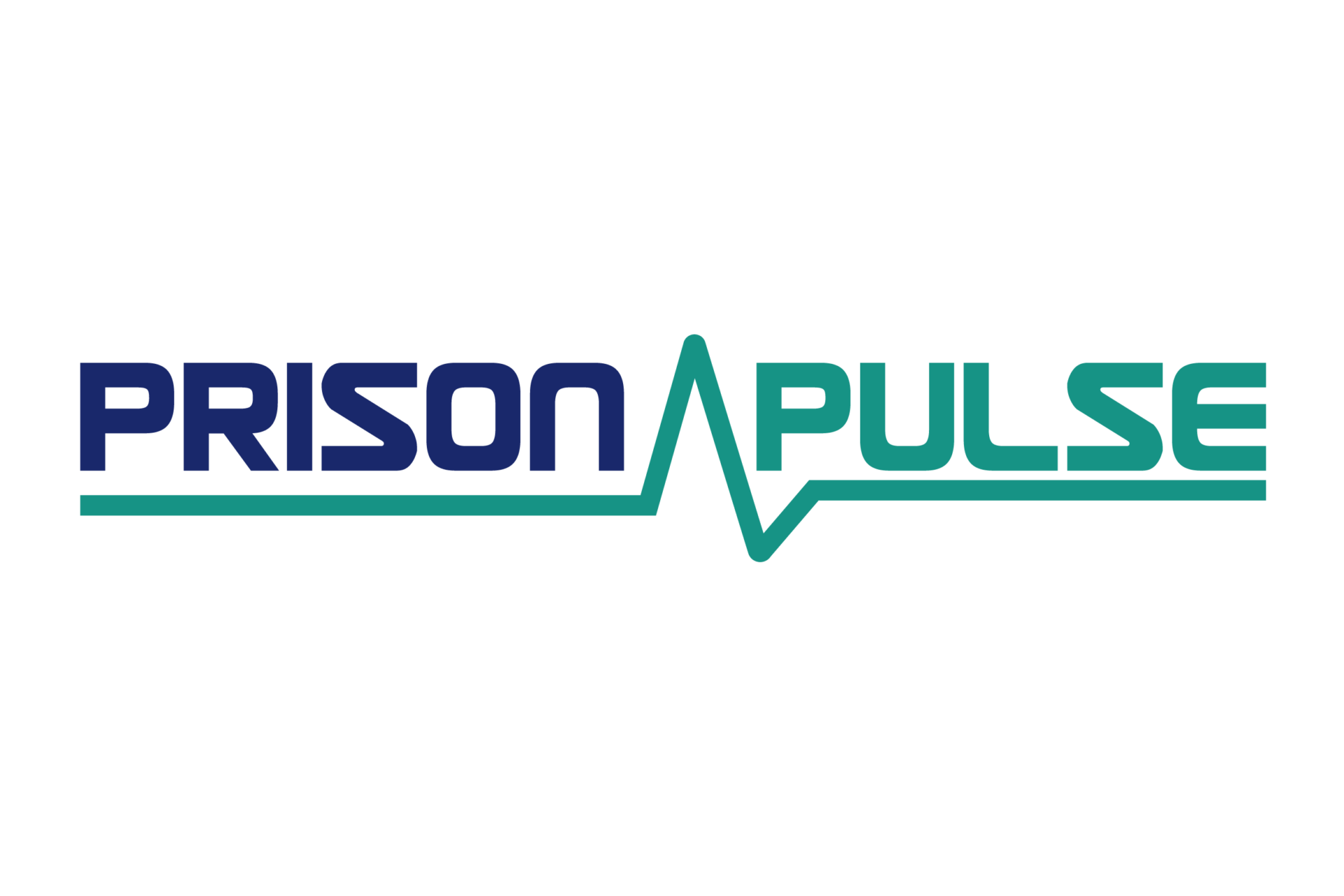Questions which may be asked at a Parole Hearing!
NOTE:
This is a personal blog, any views or opinions represented in this blog belong solely to CIFF Consulting. WE ARE NOT Psychologists or Therapy Professionals, all data and information on these blogs is for informational purposes ONLY.
Frequently Asked Questions by the Parole Board of Canada
Parole Hearing(s) can be very stressful. It does not guarantee the inmate will be released but it does give the inmate an opportunity to show that they have changed and are not a threat to the community. CIFF Consulting has prepared a list of some of the most frequently asked questions.
Preparation is the key to a successful Parole Hearing and each Parole Hearing is different and the questions are going to be different. However, this list is a great start.
1) Why are you in prison?
2) What led you to this crime?
3) Do you think the sentence you received fits your crime?
4) Why should you be granted parole?
5) Do you feel remorse for your actions?
6) What guarantees do we get that you will not reoffend?
7) What support systems do you have in the community?
8) What makes you think you can cope in the community?
9) Where do you plan to live?
10) What will you do if you are not allowed to go back to your hometown?
11) What is a halfway house going to do for you?
12) Why did you pick the halfway house you picked?
13) Can you explain your institutional charges (if any)?
14) What programs have you taken within the institution?
15) How did these programs help you?
16) How have you applied what you have learned in these programs in your daily life?
17) Did you learn anything about yourself during your incarceration?
18) Do you consider yourself a criminal? (Are you proud of it?)
19) How do you think your victims feel about your offence?
20) What have you done to address the “need” areas in your correctional plan?
21) If you could go back in time, what would you do different?
23) Have you addressed the issues that caused you to offend?
It is very important that the inmate be prepared to answer these questions. Answer should not be a generic responses. Do not answer what you (the inmate) believe the Parole Board wants to hear, they are experienced enough to know who is being telling the truth, who are trying to be deceitful and who is trying to minimize their role and offence.
Think about yourself, tell a story about how your crimes have impacted the surrounding community (not only you and your family).
Try to articulate how have you have addressed the issues in your life?
Talk about how you have changed and how you are going maintain those changes in your life.
Explain to the board your commitment to staying out of prison and how are you going to do it?
Take time to re-evaluate your world and how you are approaching it.
Bottom line, know and understand that being honest and truthful about your past and taking full and unconditional responsibility for your actions will come across in your answers to the board member and you would not have to worry that they will trip you up in a lie. Finally, understand that you cannot be imprisoned for being honest… your honesty and sincerity is what will help you to get parole!

